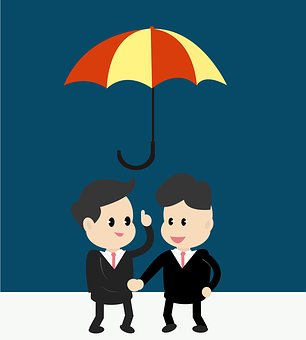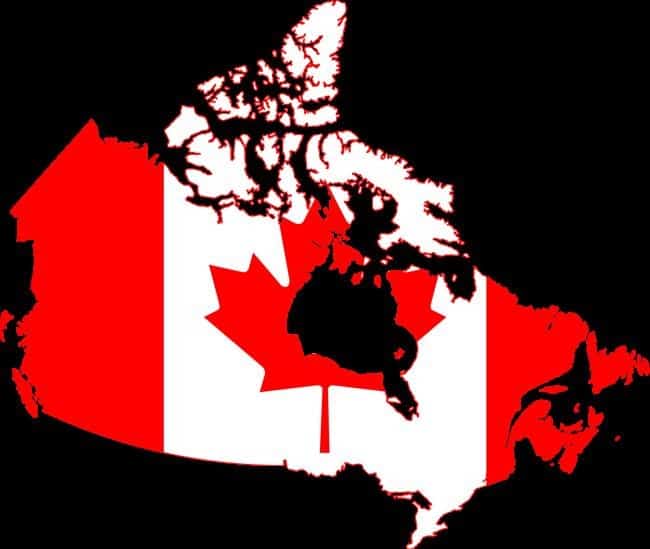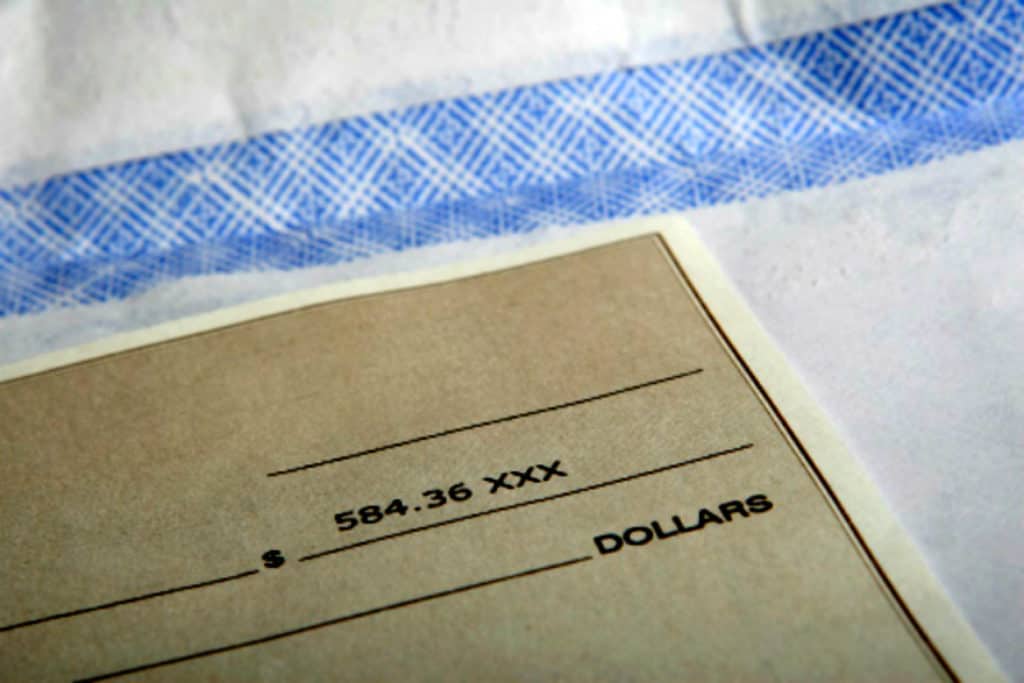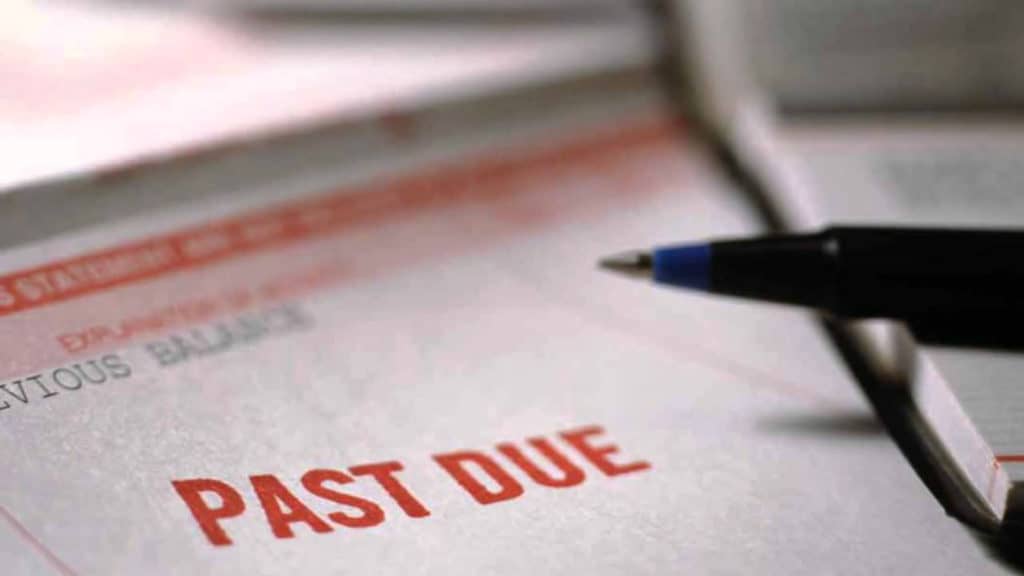 Financial security planning process: Introduction
Financial security planning process: Introduction
We can’t stress enough how important a household budget form is to your financial security planning process. Many Canadians are under the mistaken impression that budgets are only for people in debt.
Nothing could be farther from the truth. Everyone, regardless of your net worth or the amount of debt you’re carrying needs a budget. It’s the only way to control your money and make sure that you and your family are financially secure and achieving long-term financial security.
Financial security planning process: 6 great reasons why you need a household budget form
Still not convinced? Here are 6 great reasons why you need a household budget form:
- A budget gives you control over your money: A budget is a list of all revenues and expenses. It allows you to plan how you want to spend your money. Instead of money just flying out of your wallet, you make intentional decisions on where you want your money to go. You’ll never have to wonder at the end of the month where your money went or look for a hole in your wallet.
- A budget keeps you focused on your financial goals: Budgeting will allow you to meet your financial goals – paying down debt, funding a retirement savings plan, buying a house… – as long as you follow it religiously. With a budget you’ll know exactly what you can afford and you can divide your money appropriately. E.g. If your immediate goal is to save for the down payment of a house, then you may have to forgo that vacation you wanted to take. Your budget will tell you exactly what you can or can’t afford.
- A budget will make sure that you don’t spend what you don’t have: Credit cards are a great convenience but they also make it really easy to spend because there is no cash exchanged in the transaction. Many Canadians rack up serious credit card bills and land up deep in debt before they realize what’s happened. When you use and stick to your budget you have to account for everything you spend, even if it’s a credit card purchase. You won’t wake up deep in debt, wondering how you got there.

- A budget will prepare you for the unexpected: Every budget should have a rainy day fund for those unexpected expenses. It’s recommended that you should budget for three months worth of expenses for when there may be an unexpected lay off or other unplanned for major expense. Don’t be alarmed; you don’t have to put away all the money at once. Build your fund up slowly.
- A budget reduces stress: Many Canadians panic every month about where the money will come from to pay their bills. A budget will give you peace of mind. It shows you how much you earn and what your expenses are. If need be you can reduce unnecessary expenses or take on extra work to live within a balanced budget. No more panicking at the end of the month.
- A budget can help you afford the retirement you’ve been dreaming of: Saving for your retirement is very important and your budget can help you save for your future. Set aside part of your income every month for retirement savings. Start early and consistently stick to it. The money you save now will dictate the kind of retirement you can expect.
Financial security planning process: What to do if you don’t have a household budget form and know you need one
A budget is your ticket to financial security. If you don’t have one yet, start budgeting today. Below you will see the link to download our free household budget form.
If you’re trying to get out of debt, contact Ira Smith Trustee & Receiver Inc. We can help you get out of debt and back on track to saving for your future. Make an appointment for a free, no obligation consultation today. You’ll be amazed at how bright the future can look Starting Over, Starting Now.

 Borrowing in retirement: Introduction
Borrowing in retirement: Introduction







